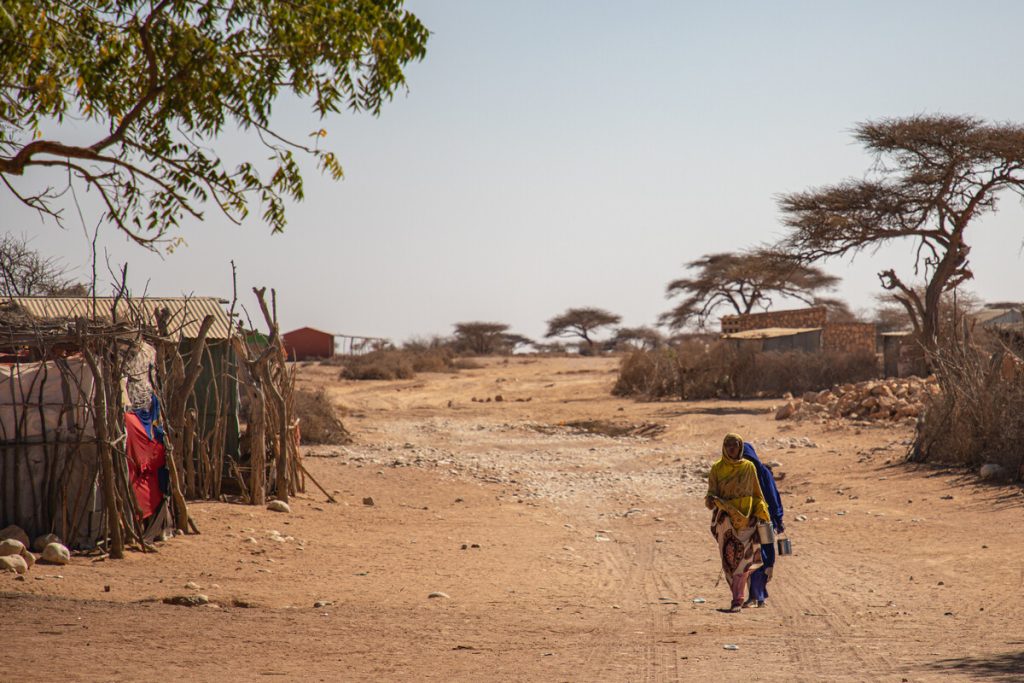April 4, 2022 – After a delay of several days, Working Group III of the Intergovernmental Panel on Climate Change (IPCC) released its updated report today.
Brandon Wu, ActionAid USA’s Director of Policy & Campaigns, said: “The new IPCC report shows the urgency with which the world must act on climate – and reinforces that while all countries must act, rich industrialized nations must do more, and do it faster. It also highlights that climate finance must be a core element of our global climate response. But developing countries were forced to push back against the United States, Germany, and other developed countries, who tried over the weekend to remove references to equity and the unique responsibility of developed countries to provide climate finance.
“While the IPCC report itself is a summary of scientific research, the Summary for Policymakers is negotiated. Attempts by countries like the United States to avoid responsibility undermine the kind of fair global cooperation that is essential for an effective response to climate change.”
Kelly Stone, Senior Policy Analyst at ActionAid USA, said: “The land sector and unproven and dangerous technologies like BECCS cannot be used to compensate for continued emissions. Large scale bioenergy, with and without CCS, is a major threat to land rights and food security. The world urgently needs transformational action to stop emissions and investment in a just transition.”
Background:
Negotiations dragged on over the weekend regarding numerous issues, including (among many other important things) equity, finance, and the differentiation between developed and developing countries. It was particularly difficult to achieve consensus on these paragraphs:
On equity (i.e. the differential responsibilities of developed versus developing countries), Paragraph D.3.2 of the WG3 SPM reads, “Equity remains a central element in the UN climate regime, notwithstanding shifts in differentiation between states over time and challenges in assessing fair shares.”
On finance, Paragraph E.5.3 of the WG3 SPM is a key paragraph on international climate finance: “Accelerated financial support for developing countries from developed countries and other sources is a critical enabler to enhance mitigation action and address inequities in access to finance, including its costs, terms and conditions and economic vulnerability to climate change for developing countries (high confidence). Scaled-up public grants for mitigation and adaptation funding for vulnerable regions, especially in Sub-Saharan Africa, would be cost-effective and have high social returns in terms of access to basic energy (high confidence). Options for scaling up mitigation in developing regions include: increased levels of public finance and publicly mobilized private finance flows from developed to developing countries in the context of the USD100 billion-a-year goal; increase the use of public guarantees to reduce risks and leverage private flows at lower cost; local capital markets development; and building greater trust in international cooperation processes (high confidence). A coordinated effort to make the post-pandemic recovery sustainable and increased flows of financing over the next decade can accelerate climate action, including in developing regions and countries facing high debt costs, debt distress, and macro-economic uncertainty (high confidence). {15.2, 15.3, 15.4, 15.5, 15.6, Box 15.6}”

